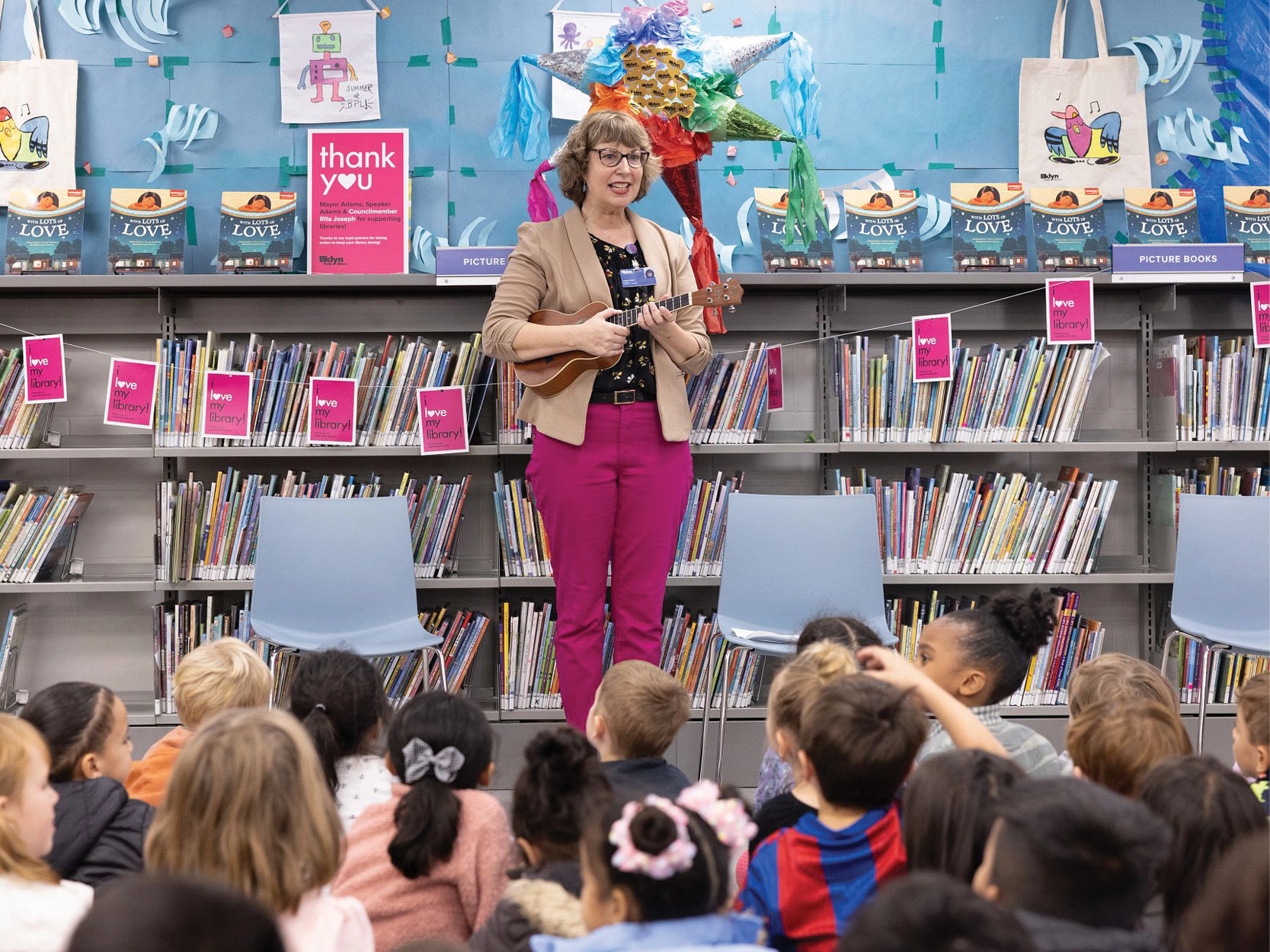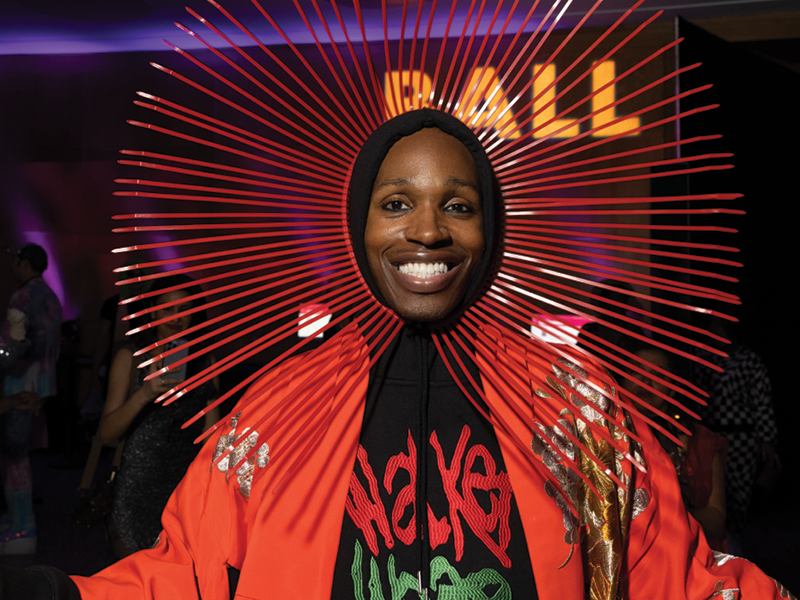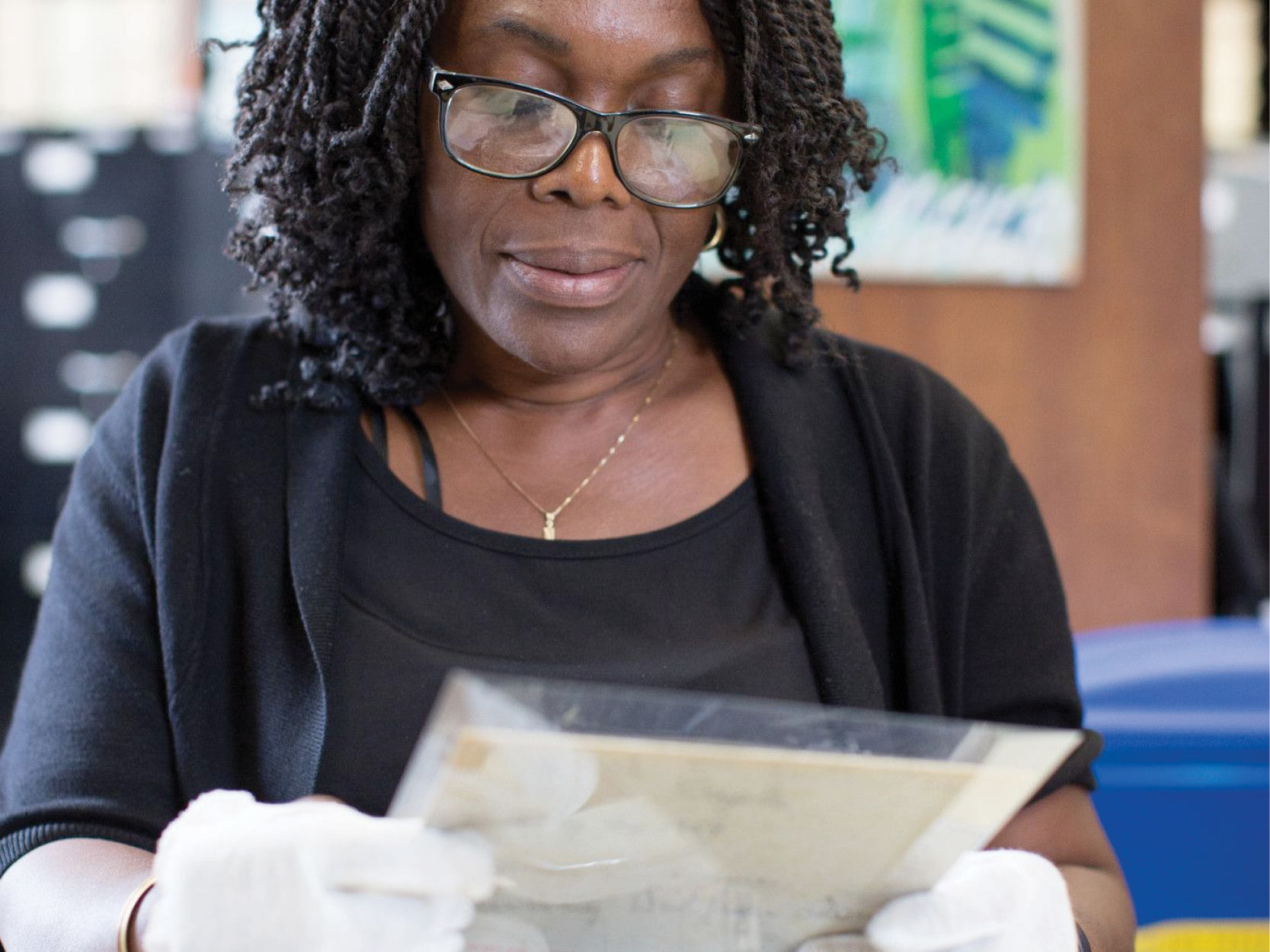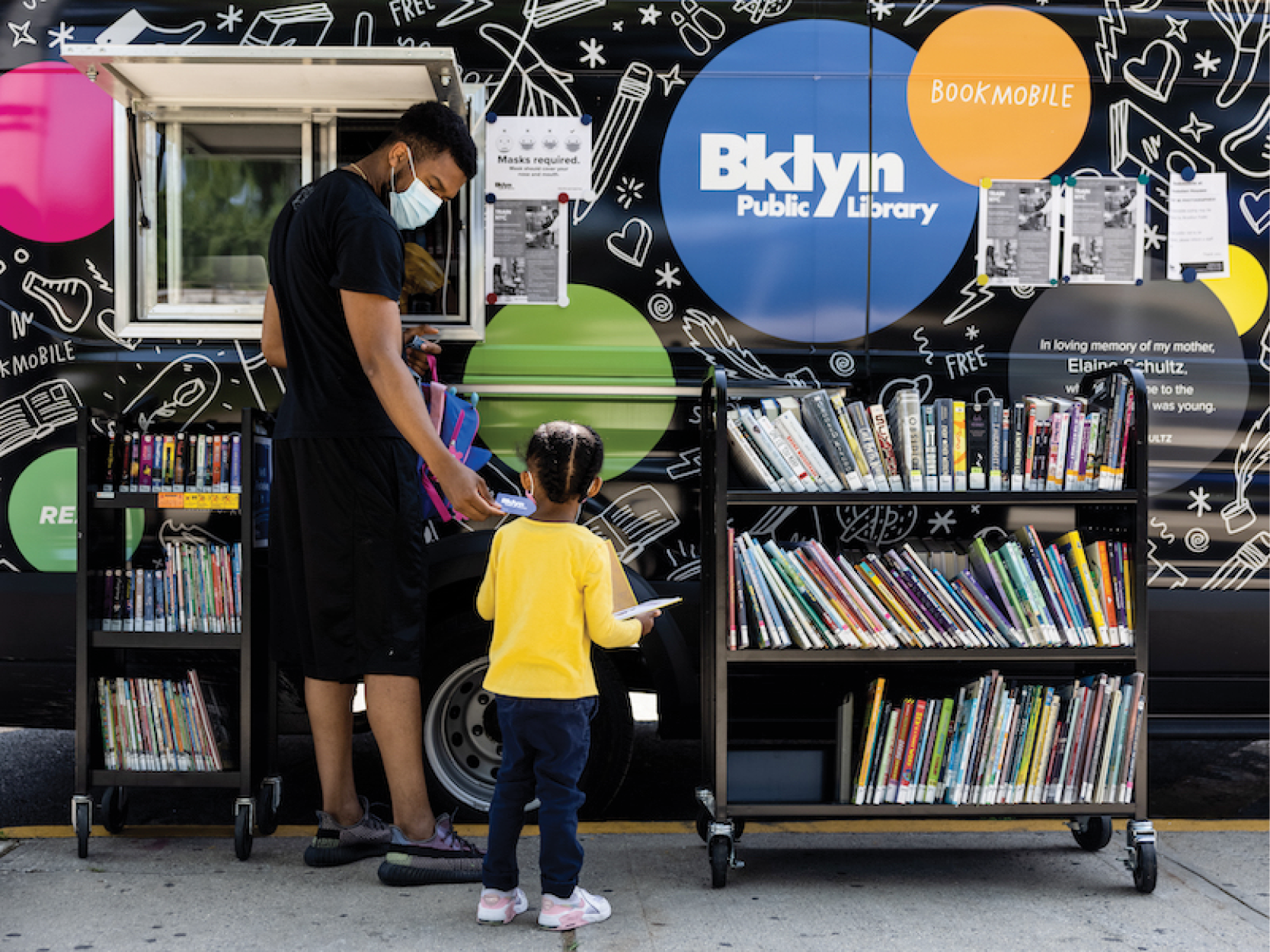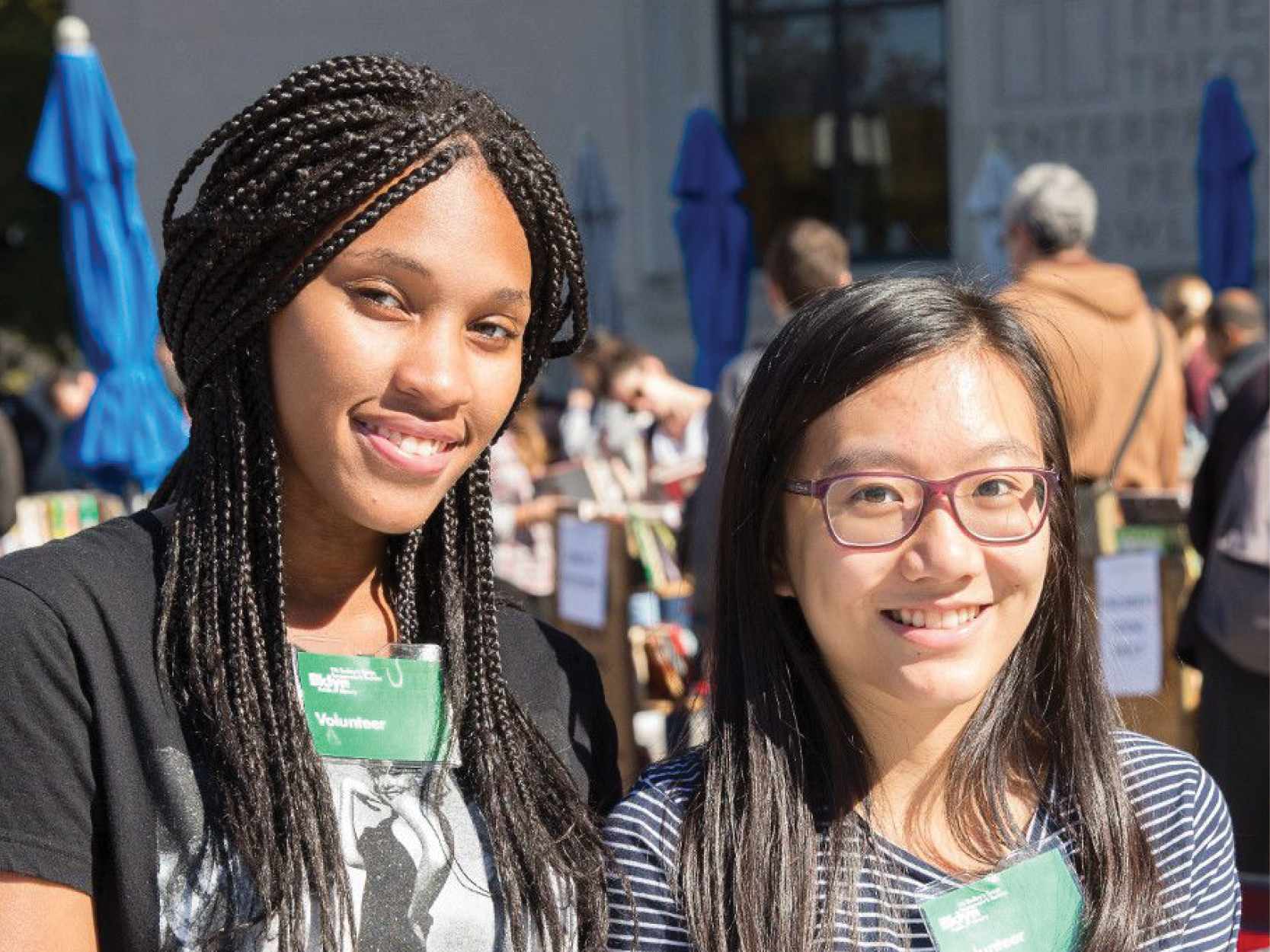While the very first book I finished in 2023 was for BPL’s Book Bingo game, I crammed most of the squares into the last three months of the year, furiously flipping pages to complete my bingo card. And I can very happily say that, despite my procrastination, I completed the whole thing—bonus square included!
Here’s my 2023 BPL Book Bingo list in the order in which I read them, and with the corresponding bingo category in bold:
 I began with a classic graphic novel in January, Maus I and II by Art Spiegelman, which I purchased from Books Are Magic on Smith Street. It was a somber read, but I’m glad I bought it because I will be reading it again and poring over Spiegelman’s unique illustrations. Upon reflection, it feels prescient to have started the year with a harrowing story of a genocide and its aftermath.
I began with a classic graphic novel in January, Maus I and II by Art Spiegelman, which I purchased from Books Are Magic on Smith Street. It was a somber read, but I’m glad I bought it because I will be reading it again and poring over Spiegelman’s unique illustrations. Upon reflection, it feels prescient to have started the year with a harrowing story of a genocide and its aftermath.
Next up, I read Verity by Colleen Hoover, both a thriller and a romance novel that was given to me as a gift by a friend. This one was not my favorite. The twist at the end had been hyped up quite a bit, and I was let down. I’ll have to go check out the new Ripped Bodice in Park Slope to find a better romance fix.
The same friend also gave me (and highly recommended) The Silent Patient by Alex Michaelides, another psychological thriller which I enjoyed a lot more than Hoover’s novel. This one had a much more satisfying twist (apologies if the mention of a surprise ending counts as a spoiler for some).
One of the many books in translation I read this year was Arabesques by Anton Shammas (translated to English by Vivian Eden). I picked this one for my translation square because the Palestinian Shammas originally published the story in 1986 in Hebrew, rather than in his native Arabic, because he hoped to reach a Hebrew-speaking audience with his story. It was just re-published by the New York Review of Books at the beginning of the year and tells the story of a family over generations. It beautifully explores the intersection of memory, history, and geography through narrative.
 Another easy category for me to fulfill was the book from a country I’d like to visit because I’d like to go everywhere. I read Ghost Music by An Yu, which mainly takes place in Beijing, a place I’ve never been but would someday like to go. It’s a bit of a surreal story, shrouded in mystery and otherworldliness and involves secrets, mushrooms, and a missing classical pianist.
Another easy category for me to fulfill was the book from a country I’d like to visit because I’d like to go everywhere. I read Ghost Music by An Yu, which mainly takes place in Beijing, a place I’ve never been but would someday like to go. It’s a bit of a surreal story, shrouded in mystery and otherworldliness and involves secrets, mushrooms, and a missing classical pianist.
I found Lolita by Vladimir Nabokov in a Little Free Library, and having never read the much-criticized classic, I decided to take it. A few pages in, I discovered a rainbow bookmark from a previous owner, which I promptly gave to my uncle who was in desperate need of a bookmark—serendipity! I was pleasantly surprised by Nabokov’s novel and enjoyed it more than I expected. I’m now listening to Jamie Loftus’ Lolita Podcast, a 10-part series on the book and its adaptations through a critical lens.
Next, I read a book of poems that I bought way back in 2020, Selected Poems of Rumi by Jalalu’l l-Din Rumi, edited and translated by Reynold A. Nicholson. While I’m not the biggest poetry fan, there were some exquisite and truthful lines throughout the collection. One quote I enjoyed: “The ugliness of the artist is not the ugliness of the scribe; nay, ‘tis an exhibition of the ugliness by him,” got me thinking a lot about the relationship between art, the artist, and our world.
One book of short stories I read this year is Men in the Sun and Other Palestinian Stories by Ghassan Kanafani, Palestinian author and politician who was assassinated by Mossad in 1972. The imagery in these stories really stuck with me, and the description of three Palestinian refugees crossing the desert hidden in a scalding hot metal water tank still hangs in my head. That one is a gut-wrenching tale.
I found my copy of Tommy Orange’s There There in a friend’s apartment building stairwell. Orange is an indigenous writer, a citizen of the Cheyenne and Arapaho Tribes of Oklahoma, and was born and raised in Oakland. His 2018 novel knits together vignettes of Native American people from many different walks of life and coalesces around a pow wow in Oakland.
At the time it was written, Fahrenheit 451 by Ray Bradbury took place in the future, and is very much canonically a “distant dystopian future” novel. So I was slightly taken aback when reading it this summer and I came across the line, “We’ve started and won two atomic wars since 2022!” Especially at a time when it feels like the world is aflame. Maybe Bradbury knew what lay ahead. Either way, I always enjoy his crisp writing.
 While stuck in my apartment in the throes of Covid, I read The Idiot by Elif Bautman, a book with a pale pink cover that I received at a book swap. I don’t know if it was the fact that I couldn’t go outside due to illness or the story itself, but I breezed right through this one in just two days! My friend articulated it best: I didn’t expect to be interested in or connect to a Harvard freshman (aka the protagonist of the novel), but it worked.
While stuck in my apartment in the throes of Covid, I read The Idiot by Elif Bautman, a book with a pale pink cover that I received at a book swap. I don’t know if it was the fact that I couldn’t go outside due to illness or the story itself, but I breezed right through this one in just two days! My friend articulated it best: I didn’t expect to be interested in or connect to a Harvard freshman (aka the protagonist of the novel), but it worked.
My colleague lent me her copy of Hijab Butch Blues, a memoir by Lamya H, a queer Muslim woman living in Brooklyn. My colleague received the copy when judging the nonfiction category of the 2023 Brooklyn Public Library Book Prize, and this one was the winner. And rightly so! I loved the way Lamya weaves together her own experiences, stories, and worries with parallel, familiar stories from the Quran.
I read the eBook version of The Little Book of Hygge: Danish Secrets to Happy Living by Meik Wiking, which is all cultivating “hygge,” a concept which I would define as everyday pleasures and warmth. I’m excited to try Wiking’s recipe for glogg this holiday season and now also feel encouraged to up my game by investing in some candles and a new lamp for my room.
My book for the new year, The 100-Year-Old Man Who Climbed Out the Window and Disappeared by Jonas Jonasson, came from Jess Harwick’s BKLYN Books for a New Beginning booklist. This one was quite the zany read—a ridiculously humorous take on historical fiction that I would recommend to anyone who enjoys twentieth century topics (even if you don’t normally like historical fiction).
My proudest feat of the year was completing my bonus square and finishing all 1,079 pages of David Foster Wallace’s Infinite Jest—200 pages of footnotes and all (despite it being a work of fiction)! I was not mad I read it and even laughed out loud at many moments, but I recommend trying a shorter DFW first, unless you’re very committed and want a big reading project. Definitely a good read if you want to laugh a bit, contemplate big existential questions, and disorient yourself a lot.
 I read The Trial by Franz Kafka (translated by Mike Mitchell), which was published in 1925 posthumously, just a little under a year after his death. His friend and literary executor, Max Brod, published the novella despite Kafka requesting that all his unpublished works be burned after his death. This one warrants a thank you to Brod, because I definitely related to the bureaucratic frustrations and absurdities that Joseph K runs into throughout the story.
I read The Trial by Franz Kafka (translated by Mike Mitchell), which was published in 1925 posthumously, just a little under a year after his death. His friend and literary executor, Max Brod, published the novella despite Kafka requesting that all his unpublished works be burned after his death. This one warrants a thank you to Brod, because I definitely related to the bureaucratic frustrations and absurdities that Joseph K runs into throughout the story.
I read British artist and author Nick Bantock’s epistolary Griffin & Sabine Trilogy, which is made up of letters and postcards (with beautiful drawings and custom postage stamps) exchanged between two strangers across the globe. If you were a fan of pop-up books as a kid and are looking for a more adult version, this is your answer.
While at my parents’ house for Thanksgiving I picked up James and the Giant Peach by Roal Dahl, a childhood favorite still sitting on the bookshelf in my childhood bedroom.
 Another gift from a friend which I picked up and put down was The Pastoral Song, a memoir by an English farmer, James Rebanks. I couldn’t get into the introduction, thinking it would just be a flat story of struggle and hard work. I ultimately decided to give it another try because I have a hard time abandoning books, and it was better than I had expected. It turned into a call for small-scale, environmentally conscious and diversified farming, with a recounting of the changes he and his neighbors have seen in their farmland over the years and many references to Silent Spring by Rachel Carson.
Another gift from a friend which I picked up and put down was The Pastoral Song, a memoir by an English farmer, James Rebanks. I couldn’t get into the introduction, thinking it would just be a flat story of struggle and hard work. I ultimately decided to give it another try because I have a hard time abandoning books, and it was better than I had expected. It turned into a call for small-scale, environmentally conscious and diversified farming, with a recounting of the changes he and his neighbors have seen in their farmland over the years and many references to Silent Spring by Rachel Carson.
Having gotten this far in my life and never having read 1984 by George Orwell, I decided to read this banned book so that I could finally understand the “Big Brother is always watching” references I constantly come across. Poorly written female characters aside, I always love Orwell’s writing style. Working at the Center for Brooklyn History and in the public history realm, there were quite a few ideas that resonated with me. Especially the quote: “Who controls the past controls the future: who controls the present controls the past.” It’s a great reminder of history’s significance and how it molds our everyday life, and especially how access to diverse histories and perspectives is critical.
Next, for my book with an animal in the title, I read the graphic novel The Magic Fish by Trung Le Nguyen (and yes, I consider a fish to be an animal, although I know a few people who disagree). This is a beautifully illustrated coming of age story of a gay tween told through different iterations of well-known fairytales from across the world. The afterword includes a lot about Nguyen’s process in developing the story and illustrations, which is fascinating and deeply imaginative.
 I went to Brooklyn Heights Library and checked out Above Ground: Poems by Clint Smith, which I saw on their library display. I was running out of time to finish my bingo sheet and needed a quick read, so I branched out and read a book of poems.
I went to Brooklyn Heights Library and checked out Above Ground: Poems by Clint Smith, which I saw on their library display. I was running out of time to finish my bingo sheet and needed a quick read, so I branched out and read a book of poems.
I have had Detransition, Baby by Torrey Peters recommended to me many times by a wide range of different people, and this was my year to finally read it. Peters is a trans author living in New York who won the BPL Book Prize for this novel in 2021. I enjoyed reading about the evolving dynamic and relationships between all the well-thought-out characters.
The final square to complete my bingo sheet was a science book about mushrooms called Entangled Life: How Fungi Make Our Worlds, Change Our Minds & Shape Our Futures by Merlin Sheldrake. I was drawn to this book not only by the author’s unique name, but as a mushroom fan—aesthetically, culinarily, and conceptually; I love the entangled networks and relationships that they represent. Next time, I want to read the illustrated version (when the holds list isn’t so long and I’m not on a deadline to finish by the end of the year).
This blog post reflects the opinions of the author and does not necessarily represent the views of Brooklyn Public Library.
Post a Comment
While BPL encourages an open forum, posts and comments are moderated by library staff. BPL reserves the right, within its sole discretion, not to post and to remove submissions or comments that are unlawful or violate this policy. While comments will not be edited by BPL personnel, a comment may be deleted if it violates our comment policy.
eNews Signup
Get the latest updates from BPL and be the first to know about new programs, author talks, exciting events and opportunities to support your local library.


